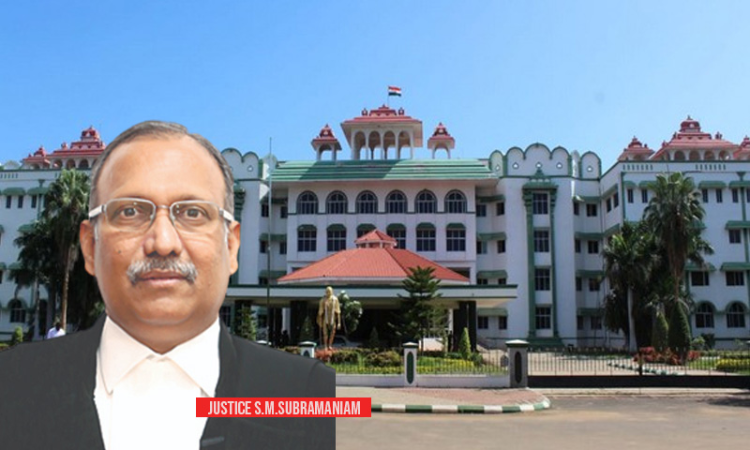'Visible Collusion With Investigating Officer': Madras High Court Quashes Appointment Of Government Pleader Accused Of Giving Death Threats
Sebin James
16 March 2022 8:45 PM IST

The court noted that the Investigating Officer deleted the name of the accused government pleader from the charge sheet without recording sufficient reasons.
Next Story


